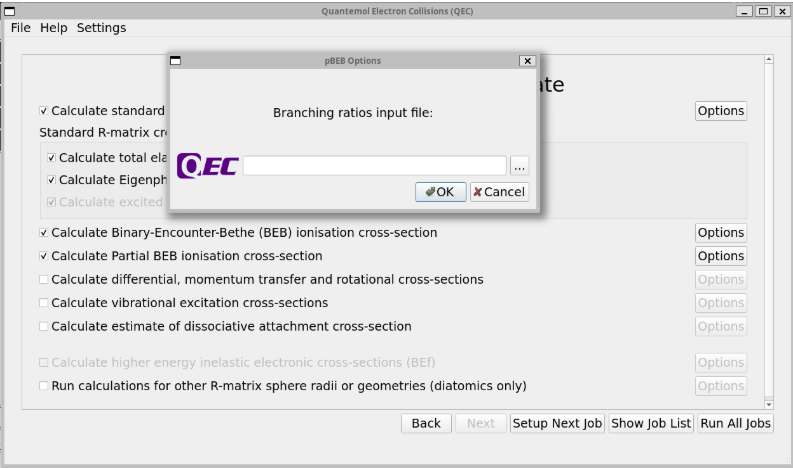
by Annie Laver | Jan 28, 2026 | Blog
In the race to sub-3nm nodes, precision isn’t just an advantage- it’s a requirement. As semiconductor features shrink, traditional continuous plasma etching is hitting its physical limits. The industry’s solution? Pulsed Capacitively Coupled Plasmas...

by Annie Laver | Dec 19, 2025 | Blog
In plasma processing, perfection is fragile. One small, unpredictable change in gas pressure or power can undo an otherwise optimised process. To move beyond trial-and-error, engineers and researchers rely on simulation. Choosing the Quantemol Virtual Tool (QVT) means...

by Annie Laver | Nov 28, 2025 | Blog
PRESS RELEASE The partnership combines advanced plasma modelling with cutting-edge experimentation to enable faster and more precise plasma processing using tailored waveform biasing. LONDON and BRISTOL, UK – 28/11/2025 – Quantemol Ltd, a leader in plasma...
by Annie Laver | Nov 20, 2025 | Blog
Mastery of the fourth state of matter, plasma, is a delicate and powerful balancing act, where even a slight change in gas pressure or power can ruin your entire process. Traditional plasma R&D grinds progress to a halt, burning time and budget on...
by Annie Laver | Oct 28, 2025 | Blog
In the world of plasma modeling and complex gas chemistry, understanding how electrons interact with molecules is the foundational key. Quantemol-EC (QEC) is excellent for studying how electron collisions excite molecules. But what happens when that energized molecule...

by Annie Laver | Oct 23, 2025 | Blog
Ever wonder what happens when a speedy electron slams into a molecule? It’s not a gentle bump! The impact can be so intense that it kicks one of the molecule’s electrons out, fundamentally changing the molecule. This high-impact process is called ionisation. In some...





